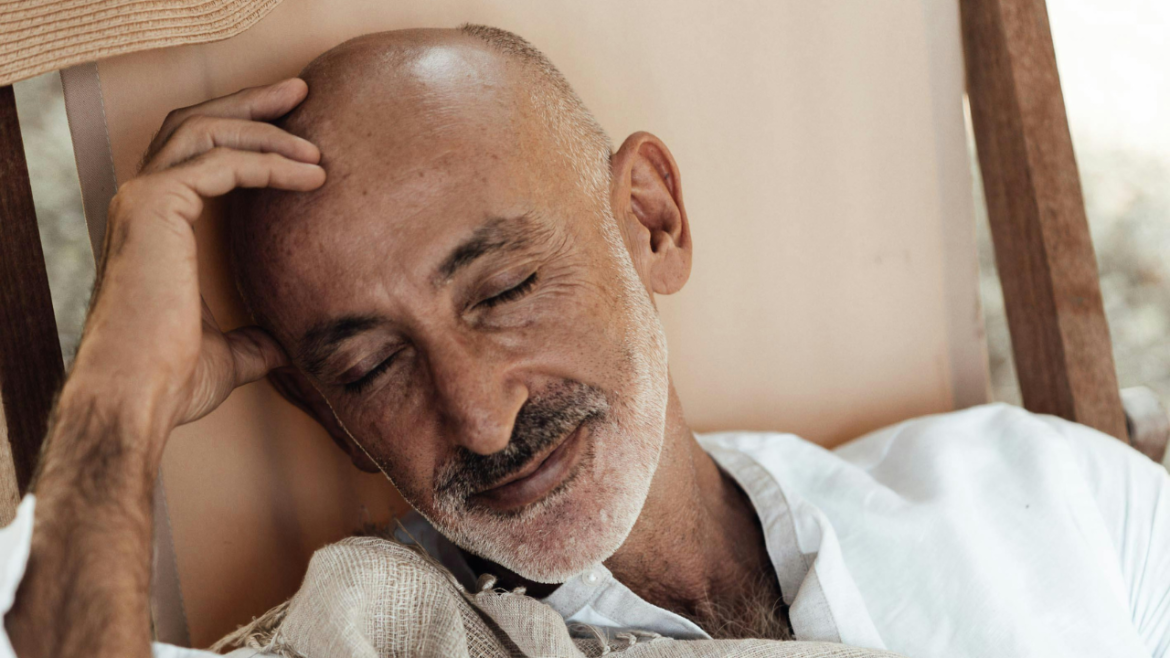Does Exercise Help With Seniors Getting Good Sleep?
For many seniors, a full night of peaceful, uninterrupted sleep feels like a distant memory. As the body ages, changes in hormones, metabolism, and physical comfort make restful sleep harder to achieve. Insomnia, restless legs, or frequent awakenings become common companions during the night, leaving mornings clouded with fatigue and frustration.
But growing research continues to show that exercise may hold one of the most powerful keys to better sleep. Physical activity does more than strengthen the body—it soothes the mind, regulates biological rhythms, and restores balance, giving seniors the rest their bodies so deeply need.
The Connection Between Movement And Rest
Sleep and movement may seem like opposites, yet they depend on one another in remarkable ways. When the body engages in regular physical activity, it naturally craves deeper rest to recover. Exercise increases body temperature and heart rate during activity, but afterward, both begin to drop, signaling to the brain that it is time to slow down. This cooling effect encourages relaxation and helps regulate the body’s internal clock—what scientists call the circadian rhythm.
For seniors, maintaining this rhythm is critical. As aging alters hormone levels, the natural sleep-wake cycle can become disrupted, leading to difficulty falling or staying asleep. Exercise acts as a gentle reset button, aligning the body’s timing system with the day’s light and dark cycles. When movement becomes consistent, sleep begins to follow a steadier pattern, allowing for longer and more restorative rest.
The benefits extend beyond the physical. Exercise also reduces levels of stress hormones like cortisol while boosting mood-enhancing chemicals such as serotonin and endorphins. This shift helps quiet the anxious thoughts and emotional tension that often keep seniors awake at night. The result is a calmer mind and a body better prepared to embrace rest rather than resist it.
How Exercise Improves Sleep Quality In Seniors
The quality of sleep matters just as much as the quantity. Seniors often experience lighter, fragmented sleep that lacks the deep restorative stages the body needs for repair and rejuvenation. Exercise can help reverse that pattern. Activities that elevate the heart rate—such as walking, swimming, or gentle stretching—stimulate oxygen flow to the brain, which enhances overall sleep depth. The body, having worked and stretched its muscles, seeks recovery through more profound rest.
Regular exercise also alleviates many physical discomforts that interfere with sleep. Stiff joints, chronic pain, and muscle tightness are among the most common reasons seniors struggle to get comfortable at night. Movement increases flexibility, strengthens muscles, and improves blood circulation, all of which ease tension and reduce pain. When discomfort diminishes, the body naturally relaxes more easily, paving the way for sounder sleep.
Beyond physical relief, exercise helps regulate metabolic processes that influence sleep. It supports healthy blood sugar levels and improves cardiovascular function—two critical factors for overall energy balance. When the body’s systems work in harmony, fatigue feels natural instead of overwhelming, and rest comes more easily at the end of the day.
The Emotional Rewards Of Better Sleep Through Exercise
Good sleep does more than refresh the body—it restores emotional equilibrium. Seniors who sleep better tend to experience greater emotional stability, clearer thinking, and a renewed sense of purpose. Exercise amplifies these effects by reducing feelings of loneliness, anxiety, and depression that often accompany aging.
The emotional connection between exercise and sleep is profound. Movement provides a sense of accomplishment and independence, especially for those who may feel limited by age or health conditions. It reminds the body of its strength and the mind of its resilience. As mood improves and confidence grows, so does the ability to relax. A positive outlook naturally encourages better sleep, creating a cycle of physical and emotional renewal.
Moreover, exercise often brings social interaction—whether through group walks, fitness classes, or shared hobbies. These moments of connection enrich the spirit and reduce isolation, which can weigh heavily on mental health. Social engagement not only lifts mood but also helps the mind unwind more easily before bedtime, turning each night into an opportunity for peace rather than worry.
Creating A Rhythm Of Balance And Renewal
While the type or intensity of exercise may vary for each person, consistency is what truly matters. The body thrives on rhythm—the same rhythm that governs breathing, heartbeats, and the cycle of rest and wakefulness. Seniors who incorporate regular physical activity into their days often find that sleep begins to follow a more natural and dependable pattern. Over time, this balance transforms not just sleep but overall well-being.
Rest becomes deeper. Energy returns. Mornings feel lighter, and nights feel calmer. The benefits of exercise reach far beyond muscles and joints—they touch every aspect of life, from memory and mood to independence and confidence. Each step taken, each stretch completed, becomes an investment in vitality and renewal.
For seniors, exercise is not merely about movement—it is about reclaiming rest. It is about quieting the racing thoughts, easing the aches of time, and rediscovering the serenity of deep sleep. When the body moves, the mind follows. And when both find harmony, sleep once again becomes what it was meant to be—a gentle, healing embrace that restores strength and joy to every waking day.

